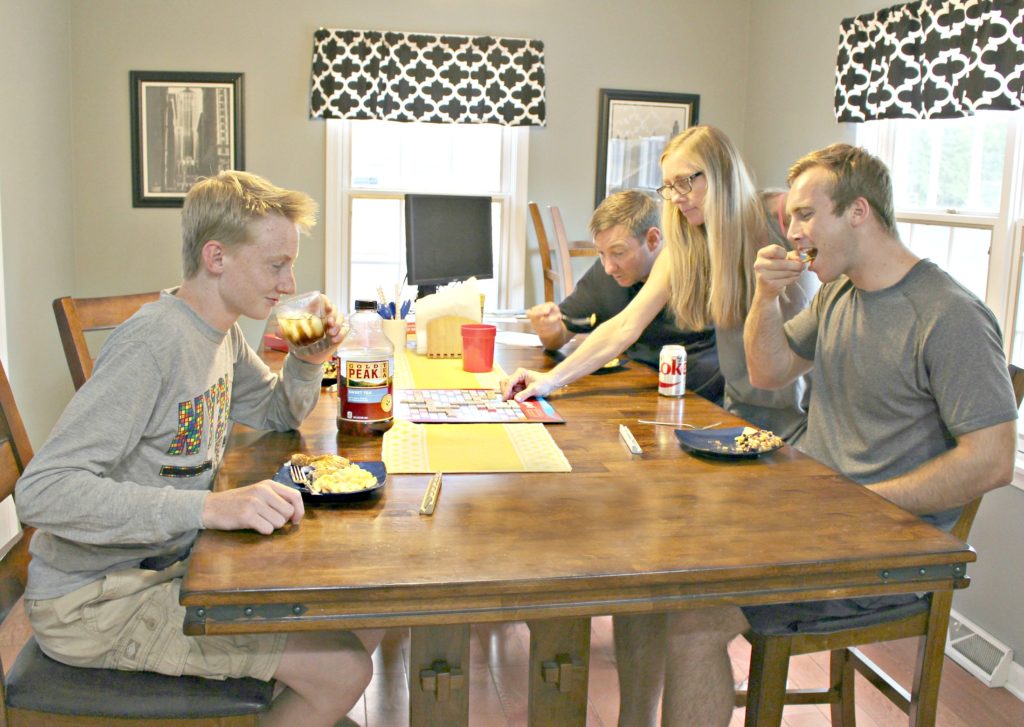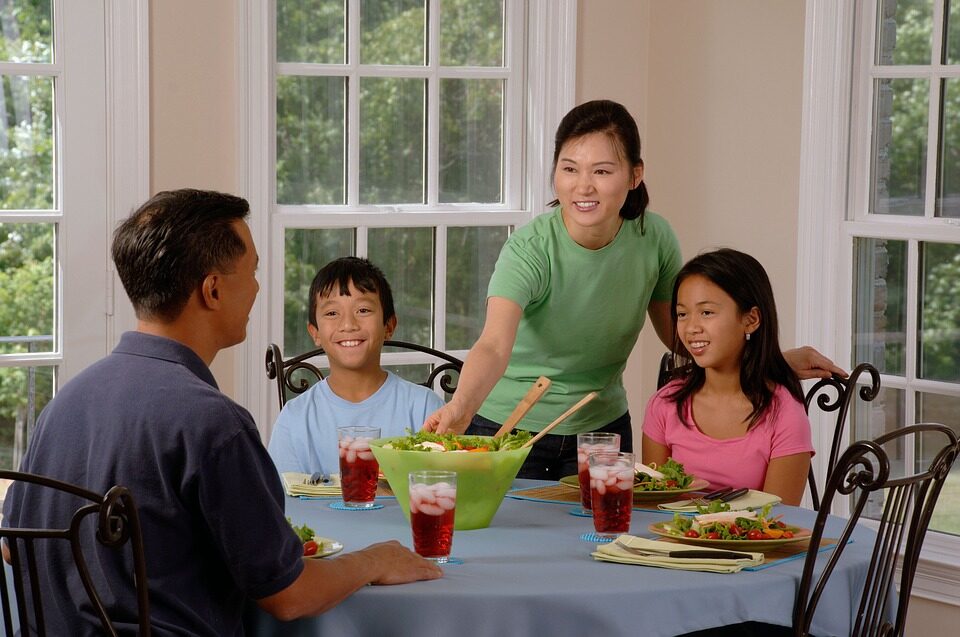Are you wondering how you can strengthen the bond and relationship with your child? Are you having trouble understanding your children and their needs? If you are looking to learn how to improve your communication skills with your children in order to better your parenting skills as a mother or father, we have listed a few ways that might be helpful to you.
The parenting journey never ends, as we all know, and learning how to better interact with our children is always a learning experience. Becoming more family oriented can be difficult for a lot of parents to learn. This is okay, you are in the right place to learn more about choosing better methods of parenting.
1. Curb Your Temper
Nothing good ever comes from losing your temper on your loved ones, or anyone for that matter. So instead of reacting to certain situations or comments, learn to actively listen to your loved one or your child. Your child will tell you what they are angry about, sad about, happy about, and these are important things to listen to.
Coming to an understanding should be the goal, and if you take the time to hear what your child is saying to you, you will need to find a way to look at their issue from their perspective. This is critical in building effective communication skills in your child. Practicing active listening will help them learn from you that this is how they should deal with conflict, not to lose their temper.

2. Spend Quality Time Together
Spending quality time with your children can make a huge difference in how they interact with you, and how you interact with them. Spending quality time together to learn about each other’s likes and dislikes, and yes young children also have things they like and don’t like, can be a defining moment in building trust and a stronger relationship.
3. Do Not Isolate Your Child for Bad Behavior
This means you, once again, want to lead by example in communicating with your child about their bad behavior in order to find a positive resolution. This is how conflict resolution works. Isolating your child when they have done something wrong will teach them to walk away from situations that they should be learning to speak calmly about in order to find a compromise. This skill set of compromising with one another will last a lifetime for them, and this is exactly the kind of lesson that should be taught and practiced by a parent.
4. Deconstruct Your Ego
What does this mean? Deconstructing your ego means working on yourself and your fears for your children and how their lives should look. As parents, we all want our children to succeed and do well in life. This notion can sometimes become bombarded by our own egos. We want our children to succeed in certain areas, and we want them to study certain things, and for them to choose the career you think would benefit them the most because of your experience. Your experience is what we are talking about when we say learn to deconstruct your ego. Let go of the fears of judgment from other people about who your child is becoming and where their interests lie.

This practice will allow for your relationship with your child to grow solely based on who they are, not who you want them to be. This, if you haven’t noticed, is one of the biggest causes for child and parent relationships going awry.
5. Stay in Tune
Last but not least, you should make sure to stay in tune with who your child is at the stage they are currently in. Understanding the developmental stages of your child and how certain comments or actions can affect them in their adult stages is extremely important to consider. Working with your child to find a compromise, listening, and speaking to each other is vital to their development throughout their childhood and adolescence.
We hope these tips have helped you reach a little more clarity on how to strengthen your relationship with your children. Think about what practices you should set within yourself to not only parent better, but what to teach your children about vital life skills that will help them flourish as happy, healthy, functioning young adults.

